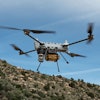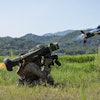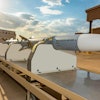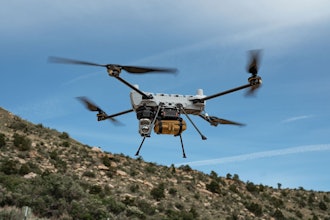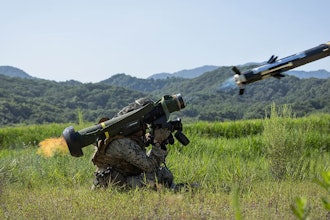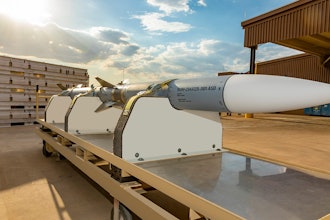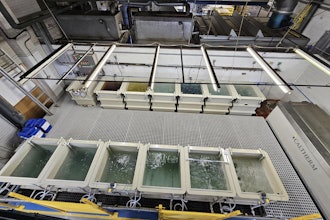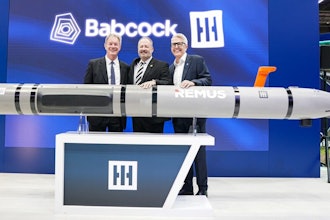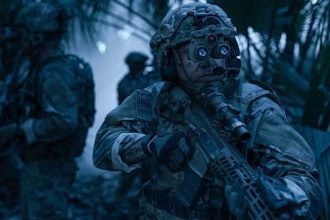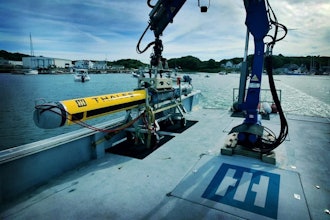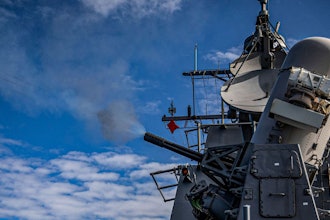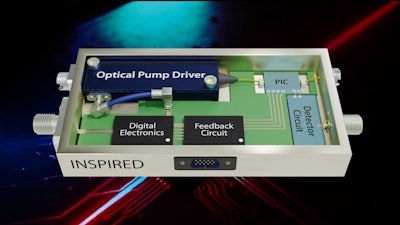
RTX's BBN Technologies is developing next-generation, compact, low-power, deployable photonic sensors that will provide users with better awareness of environmental elements critical to their missions with greater than ten-times the precision of current sensors. This new capability will have widespread defense and commercial applicability, disrupting fields such as LiDAR, fiber-based sensing, biosensing, system and network monitoring, navigation and communications.
As part of DARPA's Intensity Squeezed Photonic Integration with Revolutionary Detection (INSPIRED) program, the BBN-led team will deliver a prototype photonic chip that uses exotic quantum states of squeezed light to achieve its goals.
The successful delivery of this custom-designed prototype requires the team to push detection sensitivity 16 dB below the fundamental "shot noise" limit, which imposes a strict bound on the sensitivity of conventional sensors that are not equipped to take advantage of the unique quantum properties of light.
Using squeezed light to increase the precision of photon measurements has been proven in meter-scale laboratory experiments and kilometer-scale gravitational wave facilities. The team will use its expertise in photonic integrated circuits and quantum measurement devices to achieve the design and fabrication innovations required to transfer squeezed light capabilities to a fieldable, millimeter-scale detector for detection across a wide frequency range within 100 MHz to 10 GHz.
In addition, BBN will use its proficiency in systems integration to manage a team that includes leading quantum and photonic experts from Xanadu Quantum, the University of Maryland (Prof. Saikat Guha), and the Photonics group of Raytheon's Advanced Technology division in San Diego, California. The team brings robust capabilities in quantum sensor design, squeezing and sub-shot noise detection, quantum photonic testing and chip packaging, and rapid prototyping of compact RF-synthesizer modules.
Work on this contract is being performed in Cambridge, Massachusetts; San Diego, California; College Park, Maryland; and Toronto, Canada.

